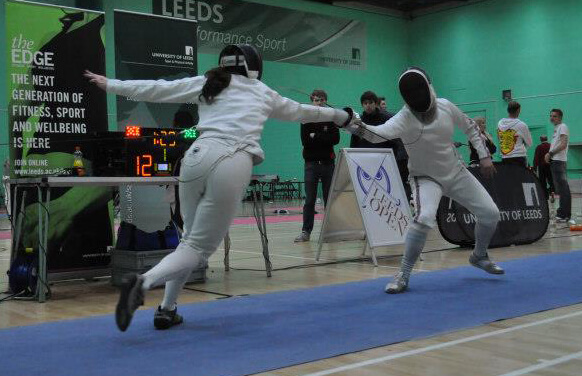30 September:
Dhillon would repeatedly arrive at Alice’s property and ring the doorbell and hide when she looked through the spyhole.
On one occasion, he climbed the fence into the back garden and knocked on Alice’s ground-floor window as she lay in bed. When opening the curtains she saw flowers and chocolates on the windowsill and Dhillon backing off. As he drove back to Edinburgh he left a chilling phone message, repeating that he didn’t want to kill her and wouldn’t kill her.
Alice at last contacted the police, who were initially sympathetic and reassuring that he could be stopped. They crimed the incident as harassment and issued a Police Information Notice (PIN). Seven days later, Alice contacted the police again to report he was still harassing her, but the response was less sympathetic. It was not recorded as linked to the previous crime, and no action was taken. Alice was distraught as she now believed that nothing could or would be done to stop his stalking. A further five days after this, Dhillon broke into her flat and brutally murdered her.
At sentencing, the judge remarked: “You went to her flat. She was alone that night and what you did will have terrified her. You knocked on the door on three separate occasions, each time slipping away—and then you climbed over the wall into the rear yard and knocked on a bedroom window as Miss Ruggles lay in her bed. She looked out of the window to see you backing off having left flowers and chocolates. As might be expected, she was shaken and scared by that incident. You then left a voicemail message telling her repeatedly that you did not intend to kill her. You were harassing her. You were stalking her. You were destroying her.”
That night Alice called 101. As is evident from the recording of the phone call, which is in the public domain, she was calm and polite, almost apologetic. The officer explained that she could go to a solicitor and take out an injunction, or that the police could issue a Police Information Notice (PIN) “which means if he ever comes near you again or contacts you again, he’ll be arrested. So which would you prefer?” to which Alice can be heard replying “Can I try that option please?”
Alice believed herself to be protected and had regained her old self-confidence. Actually, a PIN notice carries no legal weight. They are no longer used in stalking cases.
3 October:
Meanwhile, the police warning was communicated to Dhillon in his barracks, by his army superiors, on 3 October. Colleagues, friends, and even a general practitioner had also told him not to contact Alice. Despite all this, he immediately sent her a parcel containing a letter and some other items. The letter complained that she had “called the police on him” and that he was now facing the repercussions, including that they had shut him in a room and taken away his laptop, iPad and phone (all of which was a lie). He went on: “I’m in a lot of s**t now but hope you feel happy now … I’m sending you everything I have that reminds me of you as you belong to another man. Wishing you two a happy life. I will never come in your life again.”
7 October:
Alice received the parcel and rang the police again to report it. But this time she was made to feel that arresting Dhillon was not a possible option and that she was wasting police time. There is no recording of this phone call.
All of a sudden, Alice realised that she was not being protected at all. She tried to make sure she was driven home to the front door each day by a colleague and immediately double-locked it. On 10 October, unbeknown to Alice, Dhillon drove down to her house after dark, climbed into the back garden and photographed the rear window.
12 October:
Dhillon drove down again from Edinburgh and parked near to Alice’s flat, waiting for her to return home. While waiting he was messaging another woman, trying to arrange a meeting later that evening back up in Scotland. Around 6pm, Dhillon climbed in again over the back wall and this time forced his way in through a window. He picked up a sharp kitchen knife and cornered Alice in the bathroom. Twenty minutes later she was lying dead there. Her flatmate Maxine returned shortly afterwards and found her.
Thanks to Maxine’s information and swift action by Northumbria police, Dhillon was arrested back at his barracks just a few hours later, as he was attempting to climb out over the wall. He initially denied all knowledge of Alice’s death but overwhelming evidence quickly placed him at the scene. In court Dhillon was not only unemotional, but also exhibited breathtaking arrogance. He denied murder and tried to argue that Alice had attacked him, but the jury rejected this and he was sentenced to life imprisonment for Alice’s murder, with a minimum tariff of 22 years.




